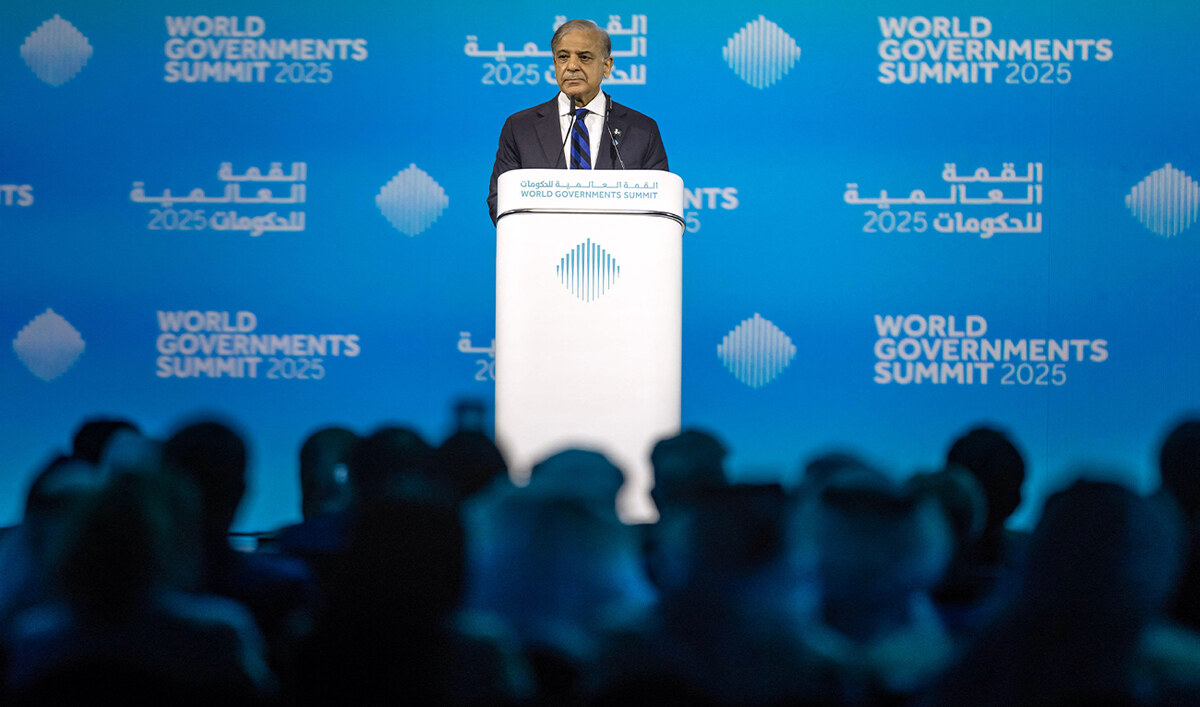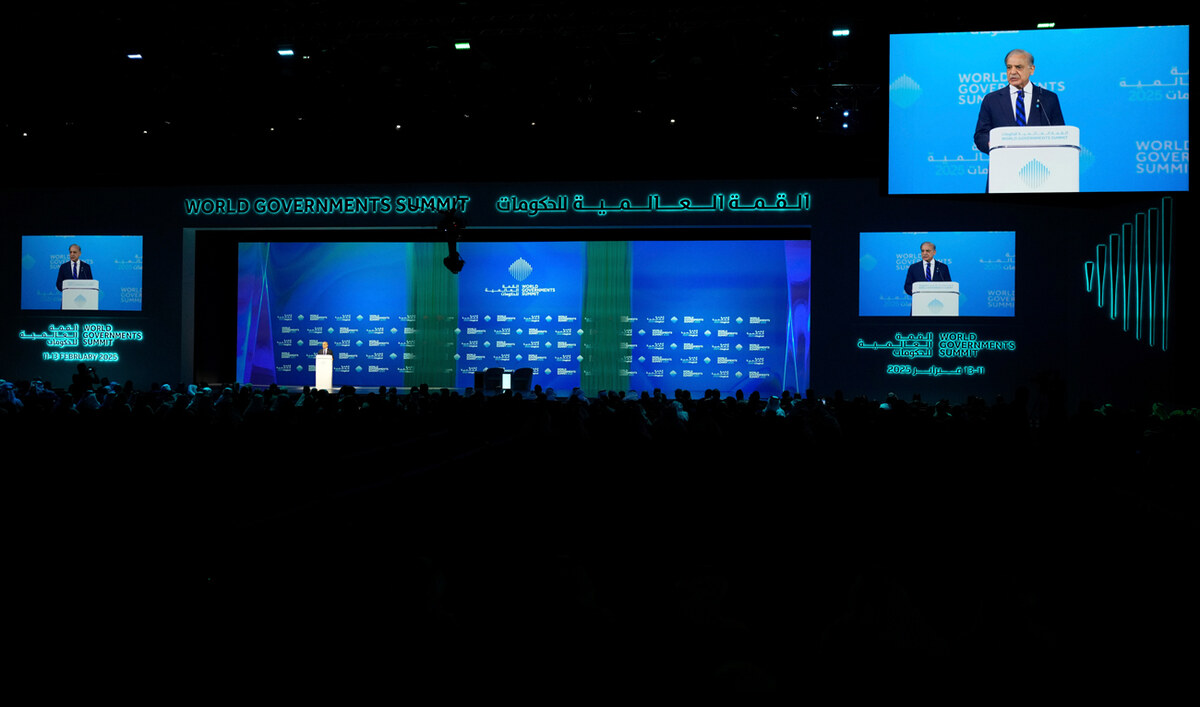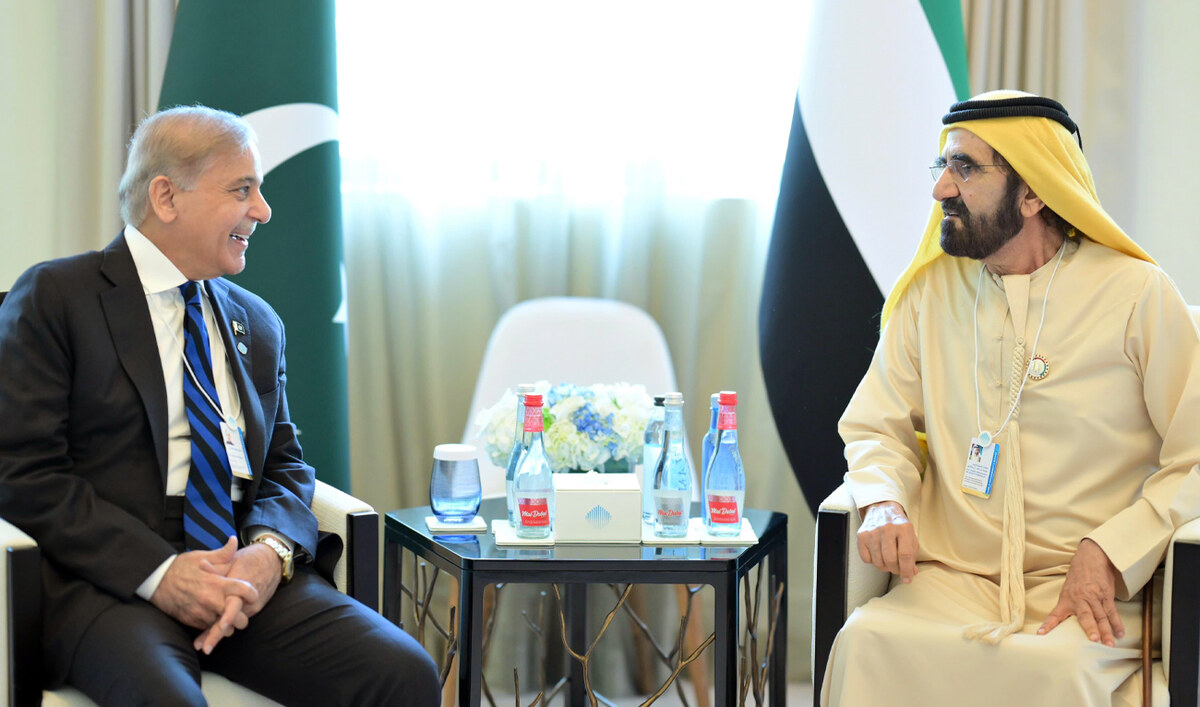KARACHI: Pakistanis seeking work visas for the United Arab Emirates (UAE) and other countries are now required to produce police verification certificates, the director general of the Bureau of Emigration & Overseas Employment confirmed to Arab News this week.
The development comes amid recent media reports of a decline in UAE visas for Pakistanis and a decrease in overall overseas employment for nationals of Pakistan, allegedly due to their lack of respect for local laws and customs and for participating in political activities and sloganeering while abroad.
On Monday, the Senate Standing Committee on Overseas Pakistanis and Human Resource Development on Monday convened a special session at the Parliament House to deliberate what it described as the UAE’s “unofficial visa restrictions,” calling on the Pakistan government to keep the public informed about the real status of the issue.
Last week, Prime Minister Shehbaz Sharif said the UAE was taking steps to streamline visas for Pakistanis. The Gulf state’s consul general in Karachi, Dr. Bakheet Ateeq Al Remeithi, has recently said there was no visa ban on Pakistani nationals.
“This police verification is for work purposes, and it is also for other countries,” DG Bureau of Emigration, Muhammad Tayyab, told Arab News in an interview on Tuesday, adding that his statement in this regard to the Senate committee session only related to work visas.
“The media reporting on this matter, in my opinion, should have been a bit more cautious,” he said. “My department deals with people who go abroad for work. My department has nothing to do with people who are going on visits, personal visits or tours.”
Tayyab said he had informed the Senate committee that a large number of Pakistanis had visited the UAE during 2024.
“I made it very clear in the committee yesterday that if there were restrictions, then approximately more than 65,000 people would not have gone abroad this year,” he added.
Nadeem Sharif, a former chairman of the Travel Agents Association of Pakistan (TAAP), confirmed there was no police certificate requirement for UAE visit visas.
“There have been no such restrictions that those going to UAE on visit visas would require police clearance certificates. People have flown to the UAE yesterday and today [without them],” he told Arab News.
Addressing Monday’s Senate committee meeting as per a report published in Pakistan’s Geo News, Arshad Mahmood, the secretary of Overseas Pakistanis, said that while unskilled workers had faced delays in getting UAE visas, skilled laborers were receiving visas without problems.
UAE, other nations now require police verification for Pakistanis seeking work visas — official
https://arab.news/vpcqy
UAE, other nations now require police verification for Pakistanis seeking work visas — official

- Pakistani immigration official says visit visa applicants to UAE do not need police certificates
- Secretary for Overseas Pakistanis says unskilled labor facing visa delays, no issue for skilled workers

























